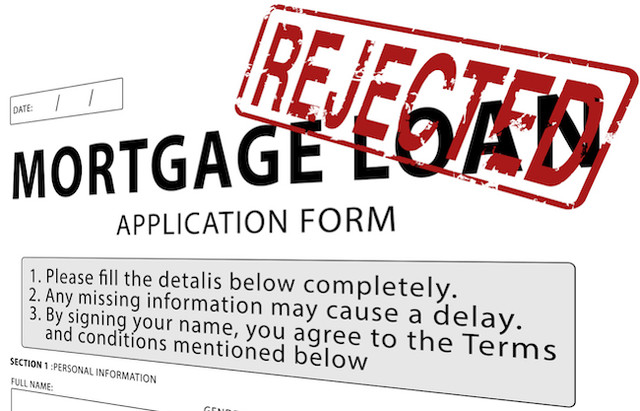
You could be killing your mortgage approval.
We have worked hard together to get your mortgage approved and have been successful in securing great rates and terms for your mortgage financing.
There is going to be a period of time between receiving the final approval for your mortgage and the date that it will actually fund with the lender.
Things can go wrong within this time frame, so here is a brief list of things to never do between the approval and the final closing of your mortgage as most lenders are going to re-verify information before they fund your mortgage.
If anything has changed, it could kill your mortgage approval.
Change your job; quit your job; become self-employed
Do not change your employment status even if you are moving to a job that pays you more than you are currently making. Most employers have a probationary period that you must complete and the lender may no longer feel comfortable with granting you a mortgage because you are making a change in your employment status.
Quitting your job might seem like an obvious thing not to do, but losing the income might also disqualify you for the financing even if you are not the primary borrower.
Make a change to self-employment – wait until after your mortgage closes. The mortgage rules for the self-employed are different than if you are an employee.
Buy a new car or truck or van or motor home or new furniture
Most lenders are going to pull a new credit report right before they fund your mortgage. If they discover credit inquiries from car dealerships or a new car loan or any new debt now reporting on your credit report, the new payment could put your qualifying budget ratios out of line making it so you no longer qualify for the mortgage.
It might also be tempting to go shopping for furniture and dishes for your new home but you should wait until after you move into your new home. By increasing the amount that you owe to your creditors you are jeopardizing your mortgage approval because you didn’t owe those funds when your mortgage request was reviewed by the lender.
Another side effect of applying for new credit – it could pull down your credit score to a lower number that means you no longer qualify for your mortgage as there are minimum credit score requirements.
Don’t use those credit cards or close any accounts
As above, lenders are going to update your credit report before they fund your mortgage. Significantly increasing the balances outstanding on your credit cards could disqualify you for your mortgage financing.
The lender has also approved your mortgage based on your current financial situation. There are minimum requirements for open accounts by both lenders and mortgage insurers so conversely by closing accounts you may no longer meet those minimum requirements for open credit accounts.
Do not co-sign for someone else’s mortgage or loan
If a family member asks you to assist them by co-signing or being a guarantor on a mortgage or a loan, please don’t. You may have the best intentions to assist a family member but this could also jeopardize your approval.
Adding any extra debt could throw your borrowing ratios out of line as the new payments must be included in your debts even if you aren’t the one who is making the payments.
Don’t stop paying your bills
We may have approved you for a refinance of your mortgage to payout your debts but you need to continue making your payments until the mortgage has funded and the balances owing have been paid off.
Your credit score may be affected by not paying those bills and that could result in you no longer qualifying for the refinance.
The best course of action is to check with whomever approved your mortgage financing before making any changes to your financial situation. Making changes without the proper advice could actually cause your mortgage financing to be declined.
Unfortunately, these examples are from real-life situations. Give me a call at 1-888-561-2679 or email april@reddoormortgage.com and I will be happy to ensure that you don’t do anything to jeopardize your mortgage approval.
